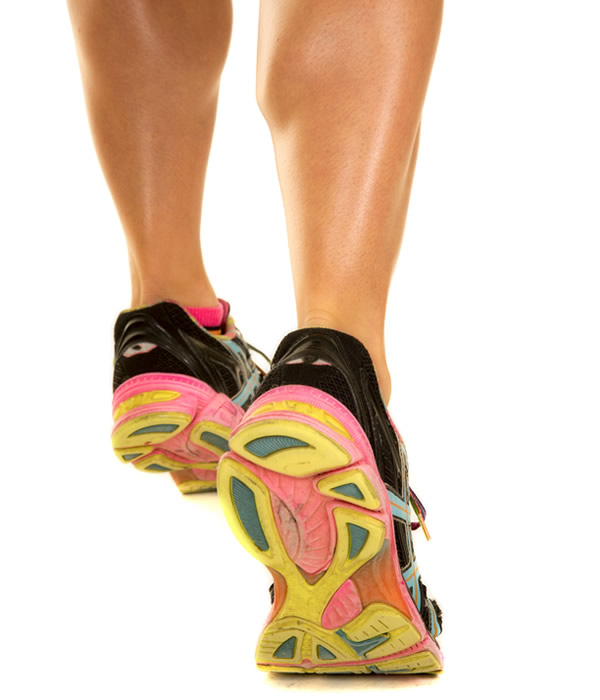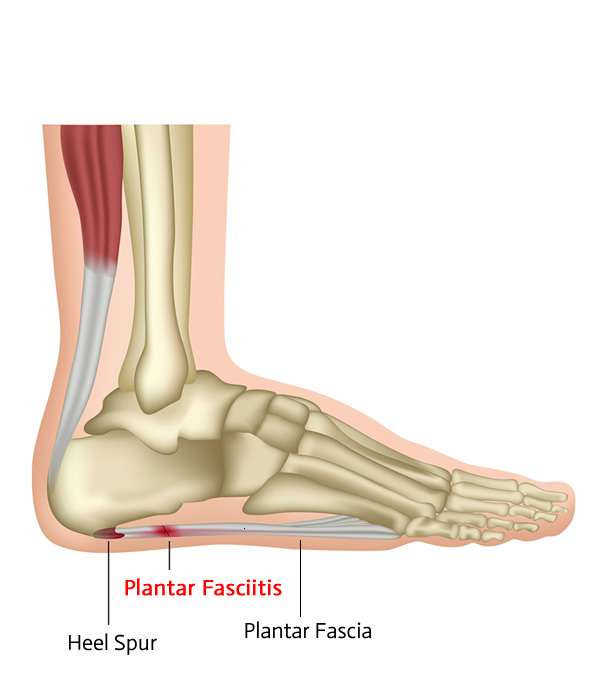What Is Plantar Fasciitis
Plantar Fasciitis
Plantar fasciitis (PLAN-tur fas-e-I-tis) is one of the most common causes of heel pain. It involves pain and inflammation of a thick band of tissue, called the plantar fascia, that runs across the bottom of your foot and connects your heel bone to your toes.
Plantar fasciitis commonly causes stabbing pain that usually occurs with your very first steps in the morning. Once your foot limbers up, the pain of plantar fasciitis normally decreases, but it may return after long periods of standing or after getting up from a seated position.
Plantar fasciitis is particularly common in runners. In addition, people who are overweight and those who wear shoes with inadequate support are at risk of plantar fasciitis.
Symptoms Of Plantar Fasciitis – Associated Pain From
- Walking
- Climbing Stairs
- Being On The Bed
- Standing, Sitting and Laying Down For Long Periods Of Time
Common Causes Of Plantar Fasciitis
Under normal circumstances, your plantar fascia acts like a shock-absorbing bowstring, supporting the arch in your foot. If tension on that bowstring becomes too great, it can create small tears in the fascia. Repetitive stretching and tearing can cause the fascia to become irritated or inflamed.
- Running and Other Physical Activities
- Being Overwieght
- Flat Feet
- Over Pronation Or Poor Arch Support
How Chiropractic Care Can Help
With the lack of success in traditional medical treatments, chiropractic care has become a leading option for those suffering with the condition. At Charlotte Chiropractic Center, we use a gentle, low-force adjusting technique to correct the misalignments in the foot that are the root cause of plantar fasciitis. Though there is no single treatment protocol for any injury that works 100% of the time, most patients experience relief from their pain beginning with their first chiropractic visit.
Based on the specifics of your condition, we may suggest additional treatment include stretching of the calf muscles, custom orthotics, arch or heel supports, cryotherapy, anti-inflammatory medication, corticosteroid injections, modifying activities or losing weight.



